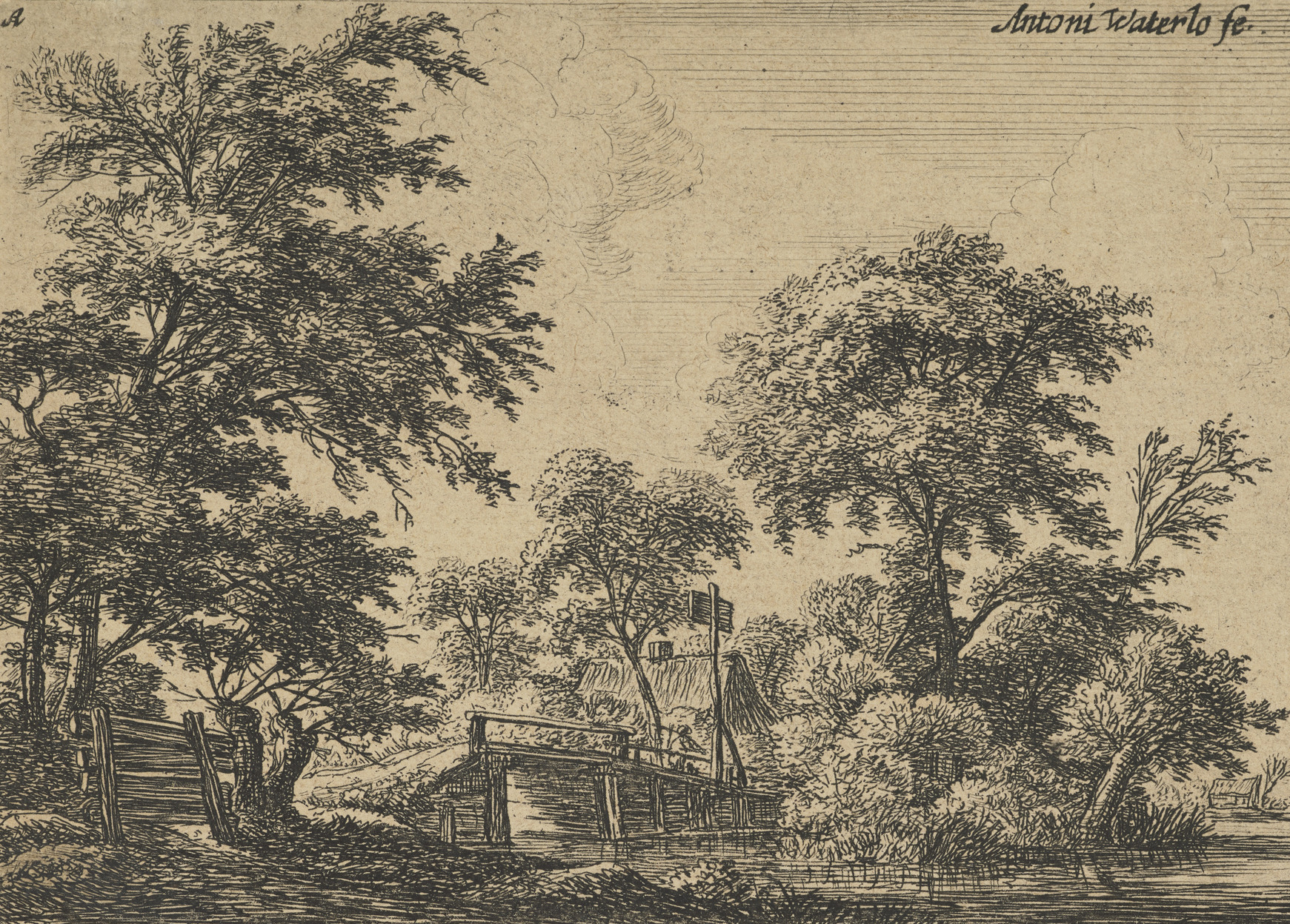This is a PSA for students interested in private ordering and “how neighbors settle disputes.” If extralegal systems such as cattle-trespass norms, industry-based arbitration services, and organized crime are up your alley, then the case of Aitken, and Others v. Wilson and Bannatyne—from the Law Library’s collection of Scottish Court of Session Records—might provide some grist for your next paper.
Aitken was about whether a voluntary association known as a “birly court” could enforce its own decisions. What, you may ask, is a birly court? A lawyer for birly court members in Elsrickle, Scotland, described the organization as follows:
"In most of the parishes and country villages in Scotland, particularly in the village of Elsrighill, and others in its neighbourhood, there hath been, for time immemorial, what is called the Birly court. All the small proprietors, portioners, and tenants, are members of this court, and they, every two years, or oftener, elect three of their own number, who are stiled Birlymen, and one called the birly officer.
The business of the Birly court has always been to redd the marches, place and rectify pit stones, regulate the mosses and common pasturages, and, in short, to determine every necessary article respecting the inferior police and for the preservation of good neighborhood. The birlymens office is to take care that the orders and regulations of the court be obeyed, and to estimate any damages which may arise from trespasses."
The case documents provide fascinating insight into the practices of at least four different birly courts. They also offer a rich account of the events behind the case, which began in May 1777 as a boundary dispute between one John Wilson and his neighbor. During the ensuing birly court adjudication, Wilson was fined for using “abusive language,” but he refused to pay. As a means of enforcing the fine, the birlymen went to Wilson’s house and confiscated two pewter plates. Wilson complained to the sheriff; the birlymen were detained; and they sued Wilson and the sheriff for wrongful imprisonment. In the birlymen’s telling, they had merely been acting according to “the immemorial practice of the place, and of the whole country.” The sheriff, on the other hand, “could not regard what they termed a lawful poinding [i.e., “a seizure of property in lieu of money owed” in any other point of view, than as a lawless riot.”
Aiken is a fun read and provides interesting material for scholarly analysis. The documents in our collection even include handwritten notes describing the court’s unreported decision. (According to those notes, Wilson and the sheriff won because, as one judge put it, “Birly courts [are] known in this country but [are] only arbitrators.”) If you think Aitken might fit with your research interests, be sure to check out this case.

